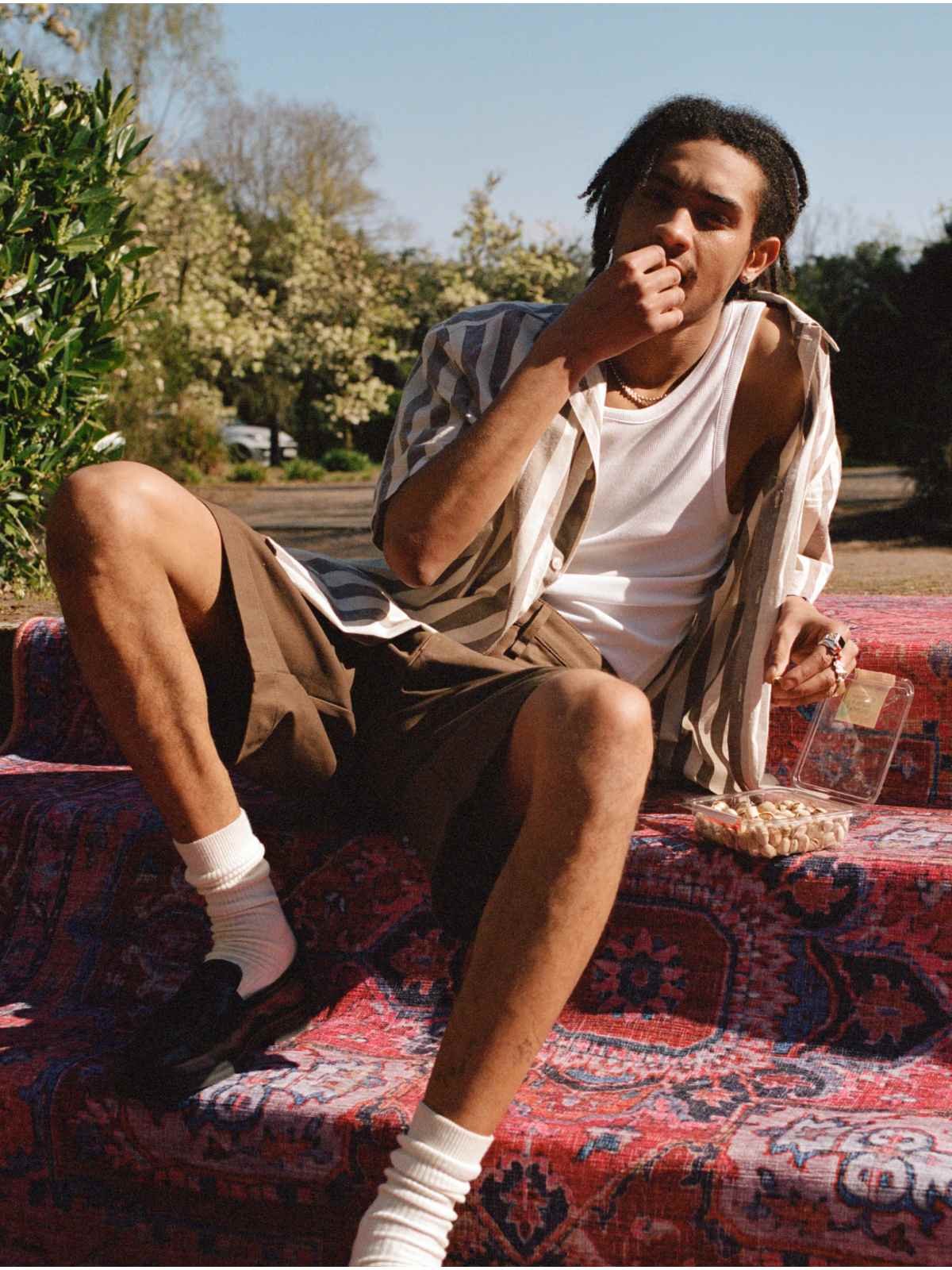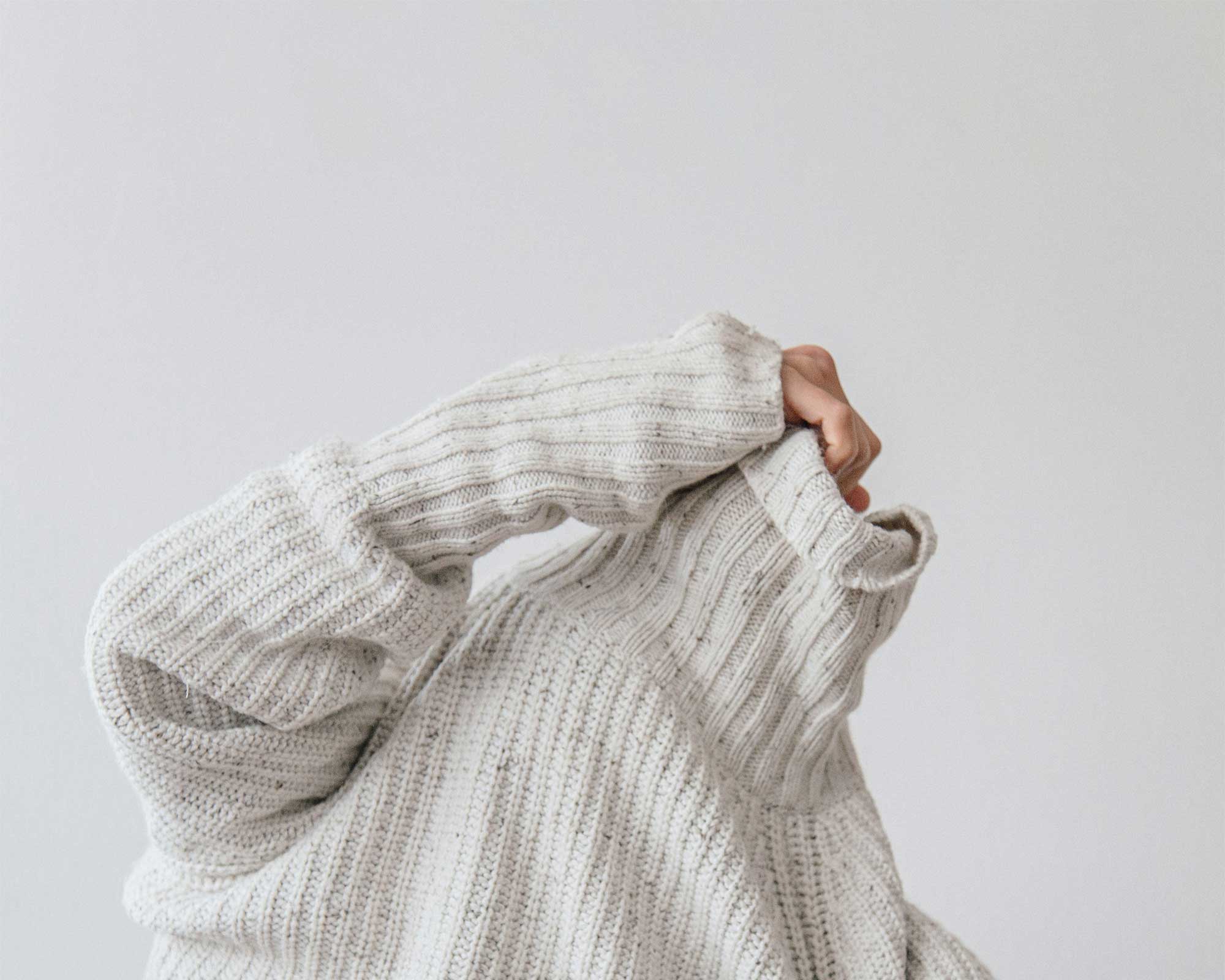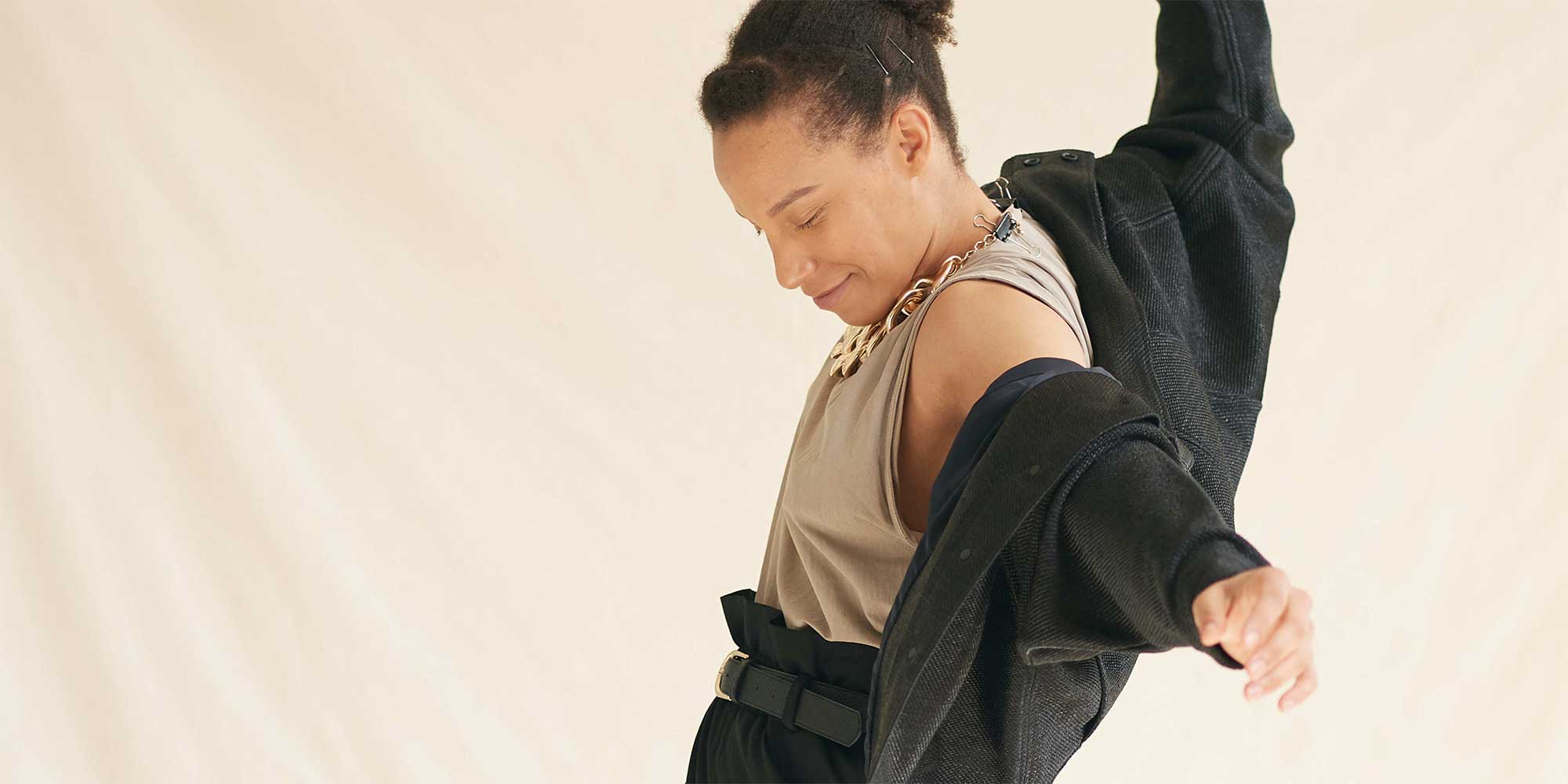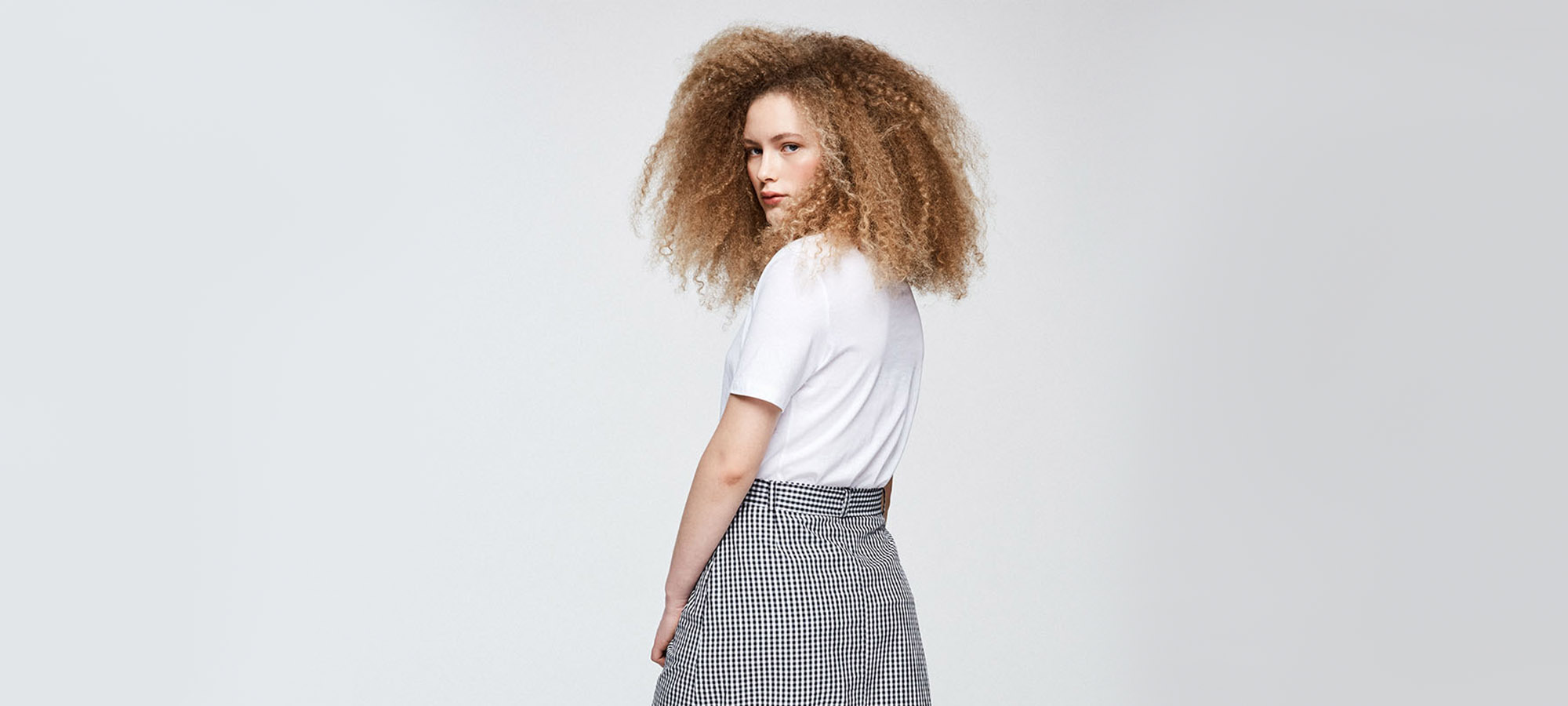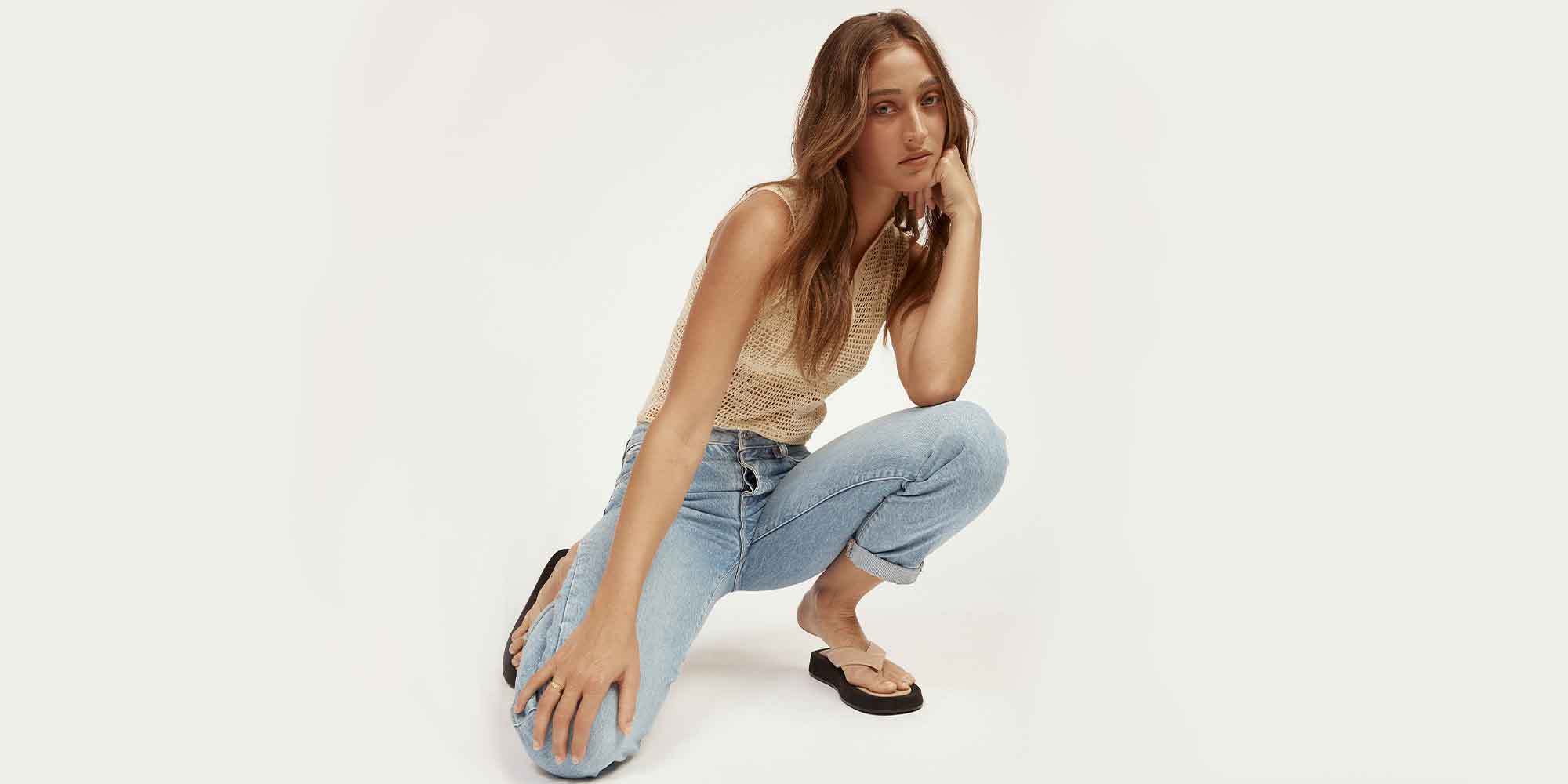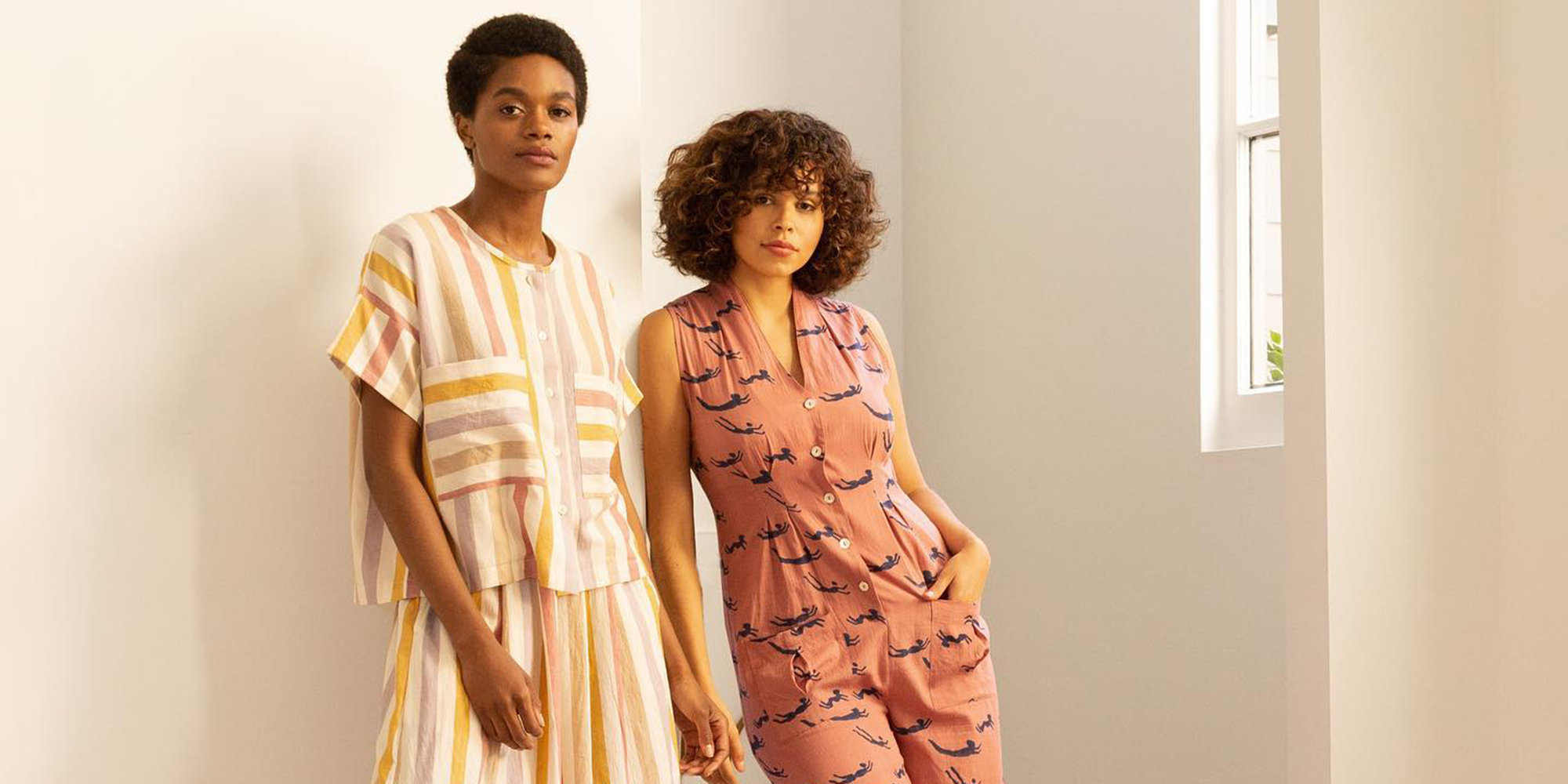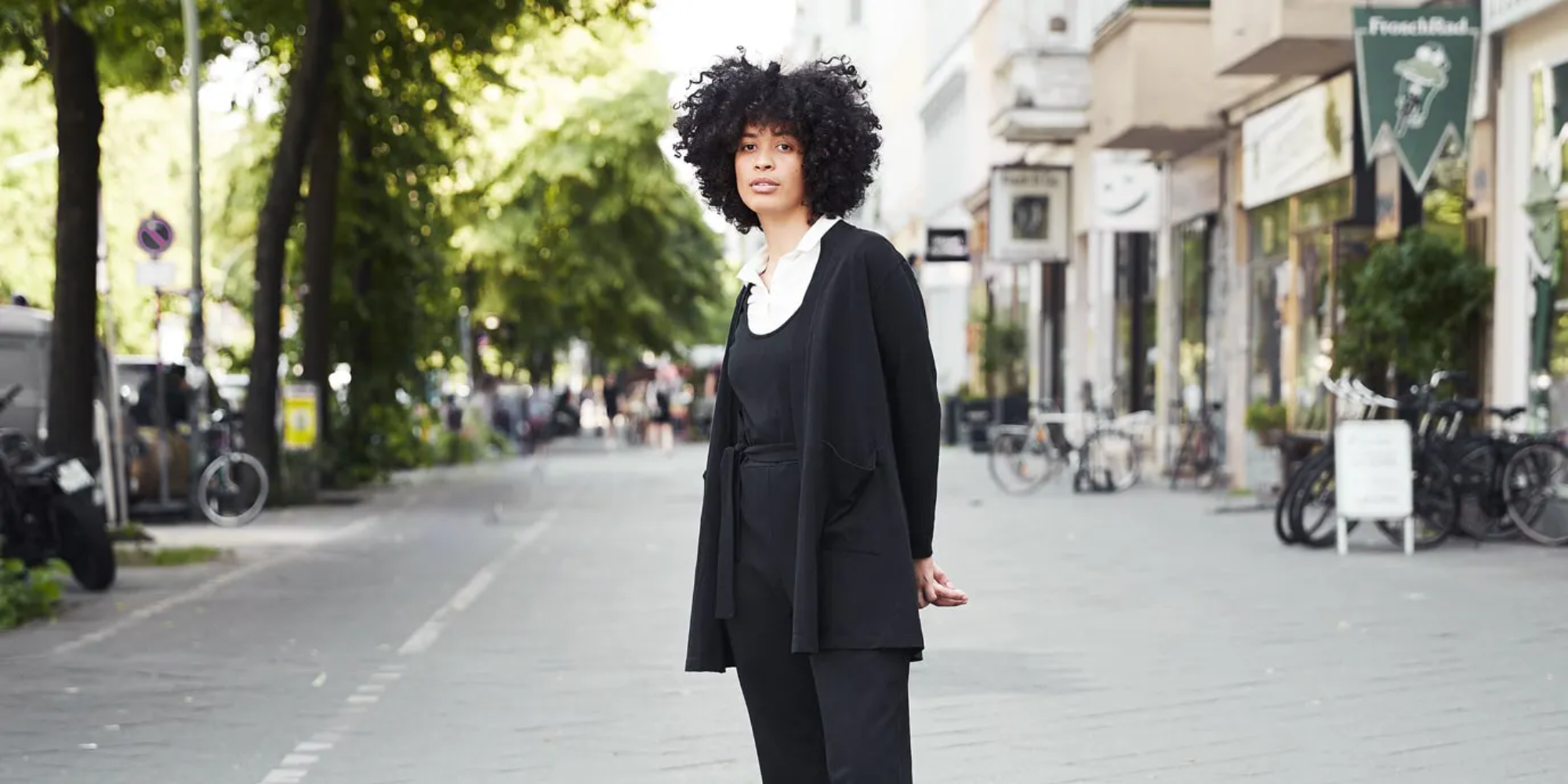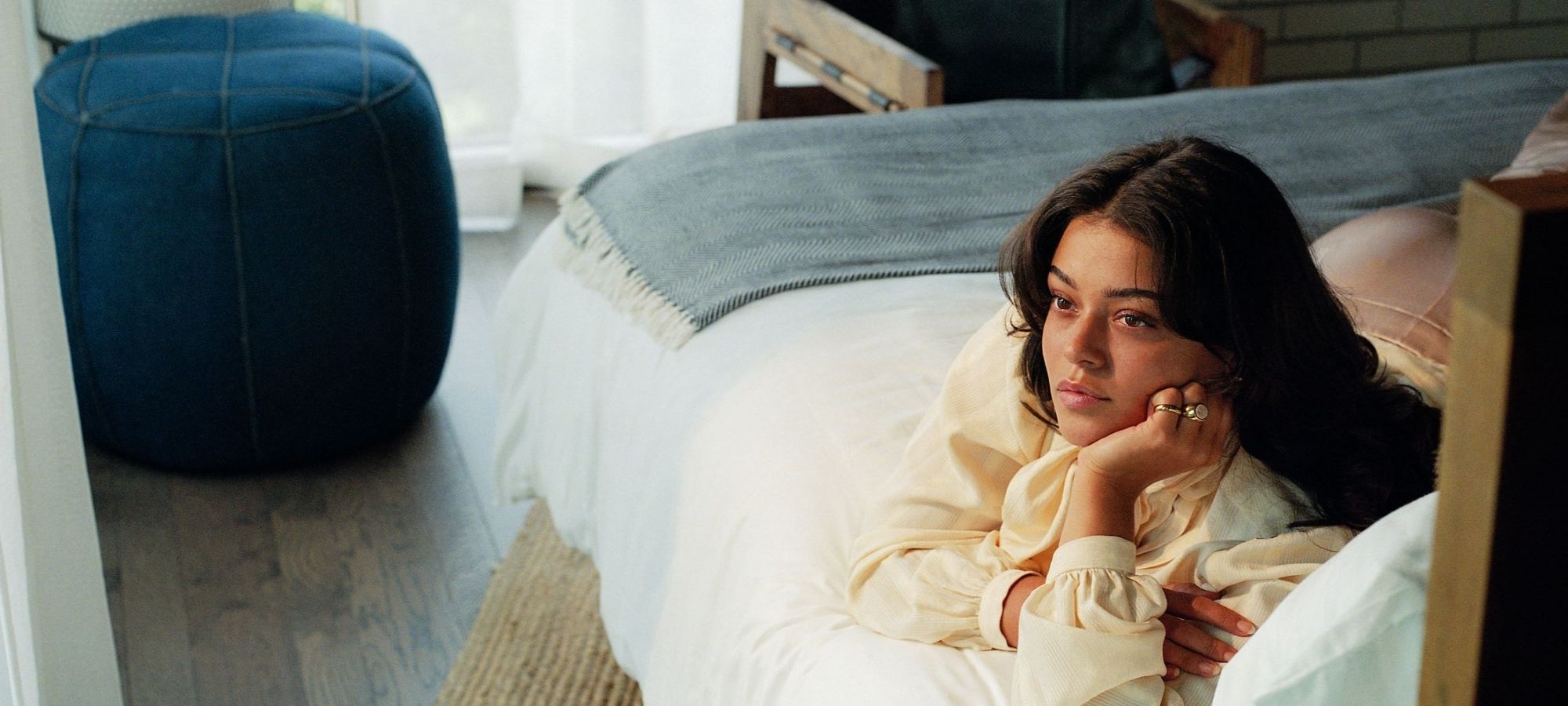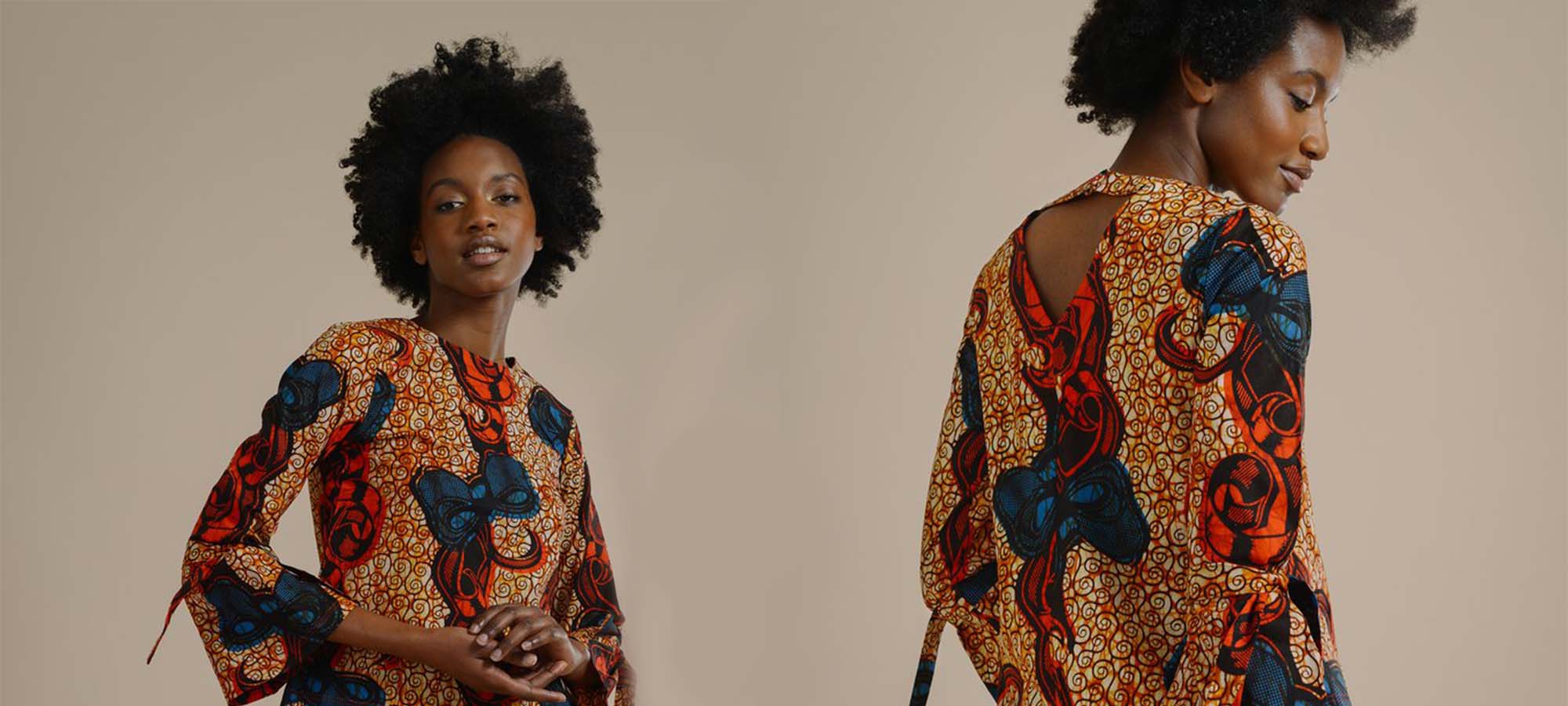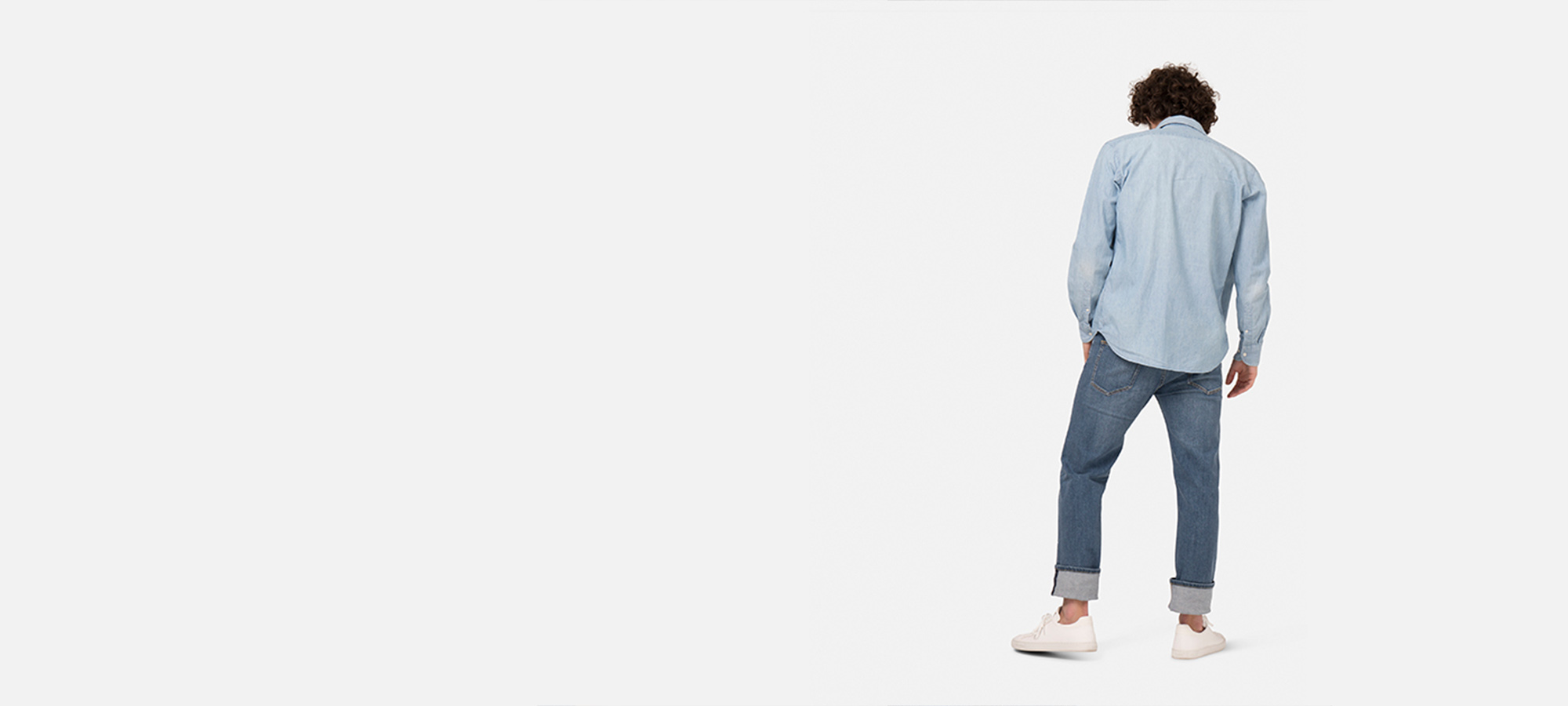We take a closer look at the complex and unfair fashion system exploiting staggering numbers of mainly women and girls. Read on to discover why so many women land in these jobs, whether boycotting is the way to go, and what else we can do to support the transition to a just fashion system for all.
Fast fashion exploits garment workers
Many of us have seen media coverage of the shocking incidents in fast fashion factories over the years. Most notably, the collapse of Rana Plaza in Dhaka, Bangladesh, in April 2013 had a ripple effect and marked a worldwide wake-up call. It sparked questions: How can these huge and wealthy fashion companies let their garment workers endure such unsafe work environments? Why do staggering numbers of mainly women and girls continue to suffer poor working conditions, wages, and treatment in these factories? And whose responsibility is it to fix?
The suffering of garment workers usually boils down to one thing: money. Fast fashion retailers are motivated by how much profit they can turn, and by paying so little in wages, not only is the profit margin increased, the workers are also trapped in a cycle of poverty. Remake said it best: “In short, I hate the question—Aren’t sweatshop jobs better than no jobs? Because we owe the makers of our clothes and our planet more than that.”
Read on to discover why so many women land in these jobs, whether boycotting is the way to go, and what else we can do to support the transition to a just fashion system for all.
Outsourced production
It should come as no surprise that fast fashion companies are highly profit-oriented and that a quick turnaround time from concept to customer is built into the business. But did you know it’s not unusual for them to have 52 fashion seasons a year?
This means fast fashion brands are constantly looking for ways to produce tremendous amounts of clothing with the least possible effort and expense. They mostly turn to so-called ‘low- and middle-income countries’ like Bangladesh and Vietnam, where it is much easier to neglect minimum wage and work security. In fact, according to the Oxfam Report “What She Makes”, 99-100% of fast fashion workers in countries such as Bangladesh and Vietnam work for less than a living wage.
By outsourcing their production, these giant, often Western companies can make huge profits by denying their garment workers on the other side of the world the most basic human rights.
The gender wage gap
There are millions of garment workers globally, and the majority of them are women and girls.
Many don’t have much choice when it comes to taking these jobs, which then often trap them in cycles of poverty. Women garment workers are frequently systematically excluded from and discriminated against in many types of work. Take agriculture, for example: Although it is the primary working sector for women in many recently industrialised countries, it remains male-dominated. UN Women states that:
Women farmers have significantly less access to, control over, and ownership of land and other productive assets compared to their male counterparts.
Also, when contemplating why so many women and girls work in the fast fashion industry, the unpaid care-work many do every day of the year must be considered. Taking care of children, grocery shopping, cooking, and cleaning are just a few of the tasks women around the globe, especially in impoverished countries, are never paid for. But these tasks dominate the daily life of millions of women and girls. Due to unpaid care-work, women are also much less likely to organise themselves in unions to fight collectively against insufficient payment and work security, as they tend to have much less after-work time than men.
Fast fashion companies are often well aware of these facts. They know that flexible contracts as garment workers represent one of the few possibilities for women to make an economic contribution to the family. So they provide these jobs, and the cycle continues.
The cycle of the female fast fashion workforce
Working in a fast fashion factory is seldom a good job. Beyond rarely ensuring a living wage, fast fashion factories fail to provide countless other crucial things: Safe working conditions and a harassment-free work environment, for instance.
But instead of ensuring these fundamental rights for their female workers, the fast fashion industry takes advantage of women’s already unequal position in society. Women are also paid significantly less than men for the same work and are more likely to engage in unprotected work, often owing to their lower education levels in developing nations.
The truth is, fast fashion factories remain one of the most significant sectors exploiting women and girls. As a result, female fast fashion workers do not possess a financial safety net to search for labour elsewhere. It also tends to be very hard for women and girls in impoverished nations to change jobs because other professions such as housemaids or mine workers often hold an equally high or even higher probability of dangerous working conditions and harassment.
This reality leads to millions of women being stuck in unsafe jobs and forces many of them to bring in their daughters as fast fashion workers as well to provide more than one salary for the family. Hence the cycle of oppression and exploitation comes full circle—and the fast fashion industry ensures it goes on and on.
Making changes in the industry
Huge fast fashion companies are responsible for perpetuating these human rights abuses. But we also have the power to use our choices and advocacy to push for justice for women and girls working in garment factories.
While election day might not be around the corner for all of us, election day in the fashion industry is every single day of the year. As consumers, it is also our responsibility to look out and stand up for the people who produce our clothes. Systemic change and supply and demand are intricately linked, so we all need to do our part.
A word on boycotting
Boycotting is one step many take when they learn of the atrocious impacts of fast fashion. But it may not be the simple answer we wish it were. As reiterated by sustainable fashion advocate Nada Elbarshoumi:
For many women living in poverty-stricken countries, a job in the textile industry is the best of a bad situation.
That means we need to make sure our advocacy extends beyond simply boycotting. On a planet with less than a decade to avoid the worst of the climate emergency, we need to drastically shift our consumption to one that looks after the people who make our clothes, the environment we all rely on, and the animals who share it with us.
The latest progress
Since the signing of The Accord on Fire and Building Safety in Bangladesh by hundreds of apparel corporations in response to Rana Plaza in 2013, “more than 38,000 inspections have been carried out…and nearly 200 factories have lost their contracts owing to poor safety standards.” And while the original agreement is due to expire at the end of August, campaigners have recently hailed a renewed agreement, valid until October 2023, that will be managed by the Ready-Made Garments Sustainability Council (RSC). This new agreement will expand on the first and include things like general health and safety, human rights along supply chains, and extend to include a second country. With the likes of H&M and Inditex set to sign, this shows that our advocacy can lead to meaningful change.
So what can we do?
In the fight for all garment workers to receive a living wage, be treated respectfully at their workplace, and not suffer from harassment and sexual abuse, we all need to advocate for their rights daily in whatever way we can. Only then can the fashion industry become an environment that empowers and enables women to thrive instead of exploiting them.
Spread the word
Raising awareness with as many people as you can is a great first step. Even by doing something as simple as encouraging them to check out pages like Fashion Revolution, Clean Clothes—and yes, Good On You—and sharing your favourite sustainable fashion influencers, you are planting seeds. These organisations and people work to hold fast fashion retailers accountable and call for an overhaul of working conditions and wages through their activism.
Donate when you can
If and when you can, donate to emergency relief funds and ongoing charities. At the start of the COVID-19 pandemic, for example, billions of dollars worth of orders were cancelled by fashion brands, leaving factories and workers high and dry. Funds were set up in response, and the crucial money raised, while a temporary solution for a long term problem, provided immediate help to those who need it most.
Support brands supporting workers
Another simple way to fight back is to support ethical brands leading the charge and advocating for female fast fashion workers. When the fast fashion industry sees the consumer turning towards brands slowing fashion down and producing mindfully, they will have to realise it’s time to step up or get left behind.
Here are some of our favourite ethical brands who are spearheading the movement and leading by example in all the fantastic work that they do:


